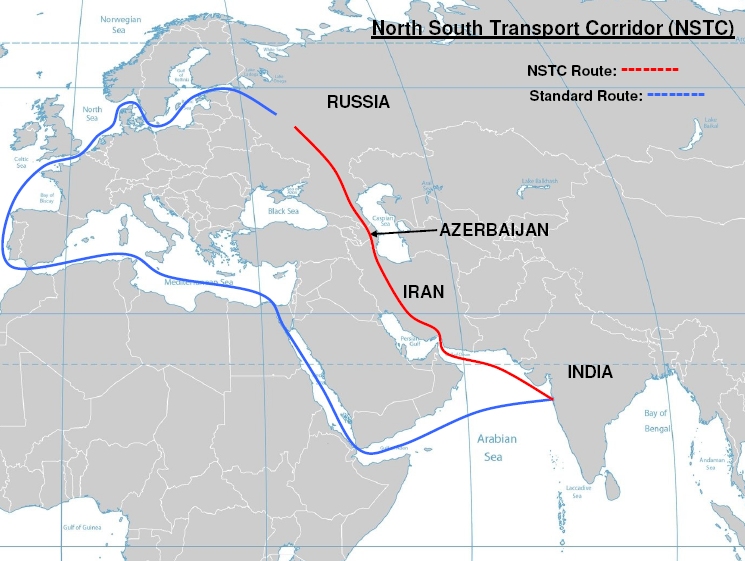Some Chinese supplies to Russia are switching to third-party, rather than direct routes for sending goods to Russia due to difficulties with sanctions and logistics. Western governments have issued ‘stop’ notices on numerous products to Russia, including electronic and so-called ‘dual-use’ items, which if ignored can result in sanctions being imposed on Chinese suppliers themselves and the logistics and cargo operators.
Not all Chinese suppliers are affected by these threats, which impact those only that have additional international trade. For suppliers that only deal with Russia, the sanctions remain ineffective. However, most of China’s largest suppliers have international business interests and are now asking to ship goods through third countries, a phenomenon that began in July. Thus far, imports from China remain at a high level.
The main issue is two-fold – financial and logistical, and since July, additional sanctions measures have made bank transfers and logistics more complicated. Consequently, a number of Chinese suppliers have begun to request Russian businesses import Chinese goods through third countries.
Products affected include all goods that are included in the stop lists of codes for foreign economic activity (such codes are assigned to each type of product), however this also impacts products that are not on this list. This tightening is due to the ongoing pressure from the West on the Chinese banking system in dealing with Russia.
Those suppliers who do not have the opportunity to accept payments from Russian companies through Chinese banks or a branch of a Russian credit institution in China now ask to ship goods through third countries and receive payment from them. This means that there must be documentary evidence that the goods are shipped there.
Shipping via third countries, such as Iran, is possible, and has an additional benefit is assisting with the development of new trade routes such as the North-South Transportation Corridor. Chinese goods can arrive at Iran’s Persian Gulf Ports such as Bandar Abbas, be transported via rail to Iran’s Caspian Sea ports, and then shipped to Russia’s own Caspian Ports such as Astrakhan.

These new routes also present new opportunities, although it does increase costs for the Russian consumer. Pavel Kuznetsov, Vice President of the National Coordination Centre for International Business Cooperation, has stated that Russia has prepared for this scenario in 2022, when the main schemes for the delivery of goods through third countries were developed. According to him, this is evidenced by a threefold increase in imports from Kyrgyzstan, as well as a 1.5-fold increase from Kazakhstan. Southeast Asia, Turkiye and the Gulf countries are also involved in this process.
Meanwhile, Chinese companies are also motivated in maintaining and increasing supply volumes, and working around sanctions, especially in the context of the Chinese export economy. Kuznetsov noted that it is also beneficial for transit countries to ensure Russia’s supply chains. This is a cashflow generating service, with a steady stream of additional service payments.
According to the Chinese General Customs Administration, in January-June of this year, the trade turnover between China and Russia increased by 1.6% compared to the same period in 2023 and amounted to US$136.67 billion. Commercial ties between the two countries are developing despite the restrictions.
Over the past three years, China’s share in Russia’s foreign trade turnover has grown and now reaches about 45% of the total. This means that making settlements with Russia’s largest trading partner acquires strategic importance and requires increased efforts, including from the Central Bank. It is now necessary to build a new infrastructure for cross-border settlements, ensuring the stability of supplies.
These are also now being introduced. The use of cryptocurrencies for example are poised to become one of the most effective ways to increase the volume of payments and the flow of goods with China, with Russian President Vladimir Putin signing a law on August 8 to permit foreign trade settlements in digital currency to be carried out in the format of experimental legal regimes starting from September 1. China is also arranging Free Trade Agreements with third party countries to help facilitate these actions.
Further Reading
Russia and China To Conduct First Barter Trade Deals In September / October

 Русский
Русский













